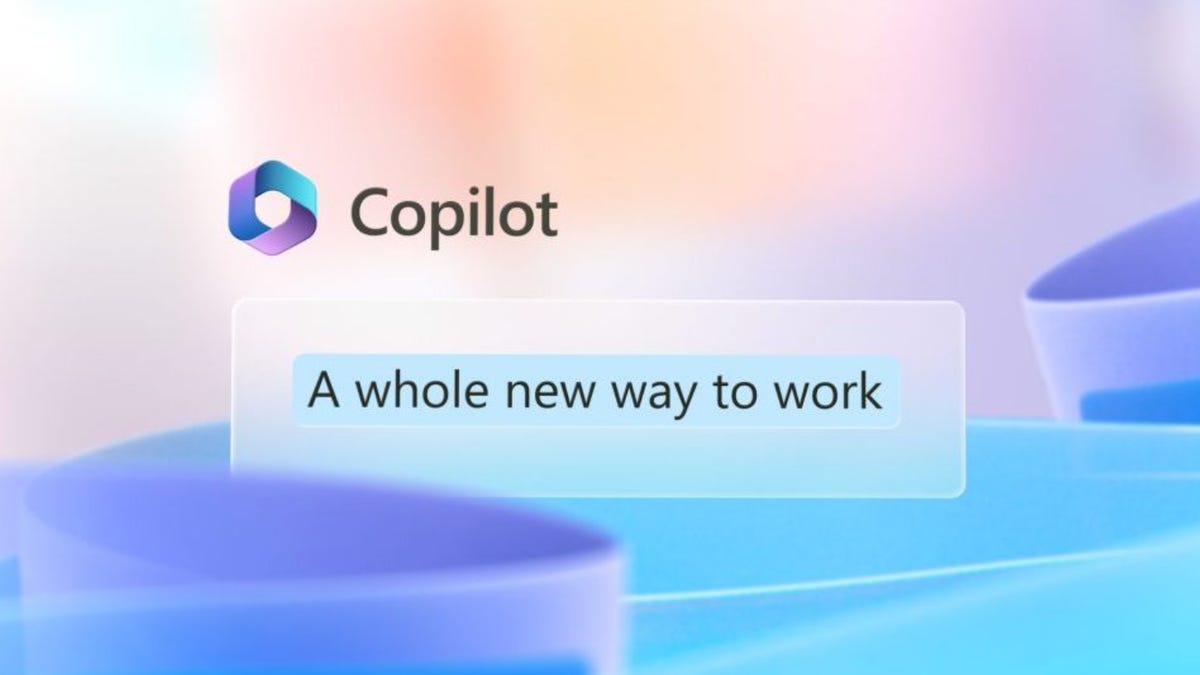
Image: Jared Newman / Foundry
Microsoft has become somewhat infamous for its enormous right-click menu in Windows’ File Explorer. But the company is adding even more options — and, interestingly, to apps and services that it doesn’t even own.
Depending on whether or not you own a Copilot+ PC, Microsoft has added “AI actions” to File Explorer like Background Removal and Object Erase. These new options are open to all Windows 11 users and they’re part of Microsoft’s new definition of an “AI PC”, designed as something that’s accessible to all.
Right now, they’re limited to just three services: Manus, an AI application, Filmora, which provides video-editing services, and Zoom, the popular videoconferencing app competing with Microsoft’s own Teams application.
Manus (no relation to The Hands of Fate) is a good alternative to ChatGPT, Claude, or Google Gemini. Although you can download it as a native Windows application, it’s essentially a web service that specializes in deep research. Microsoft is actually using it as a website builder, which is a very specialized function.
 Microsoft didn’t proivide an example of the new AI actions, but here’s what the exisrting actions look like in File Explorer.
Microsoft didn’t proivide an example of the new AI actions, but here’s what the exisrting actions look like in File Explorer.Microsoft
Microsoft is adding what it calls an “AI action” within Windows, which allows you to right-click a document in File Explorer and “create a website with Manus.” Though the company’s example suggests you only can use a single document to create a site, it also suggests using the app to upload a series of photos to illustrate it. (It’s not clear whether you can just highlight all the files at once.) Right now, this experience is in private preview, according to Microsoft.
Microsoft also lets you start editing a file with Filmora, presumably a video file.
Finally, Microsoft has added the ability to schedule a Zoom meeting simply by highlighting a group of email addresses. This action will schedule the meeting, Microsoft says. The only catch is that this particular feature is limited to Copilot+ PCs, executives said, without saying why.
Author: Mark Hachman, Senior Editor, PCWorld

Mark has written for PCWorld for the last decade, with 30 years of experience covering technology. He has authored over 3,500 articles for PCWorld alone, covering PC microprocessors, peripherals, and Microsoft Windows, among other topics. Mark has written for publications including PC Magazine, Byte, eWEEK, Popular Science and Electronic Buyers' News, where he shared a Jesse H. Neal Award for breaking news. He recently handed over a collection of several dozen Thunderbolt docks and USB-C hubs because his office simply has no more room.

.jpeg)


































 English (US) ·
English (US) ·